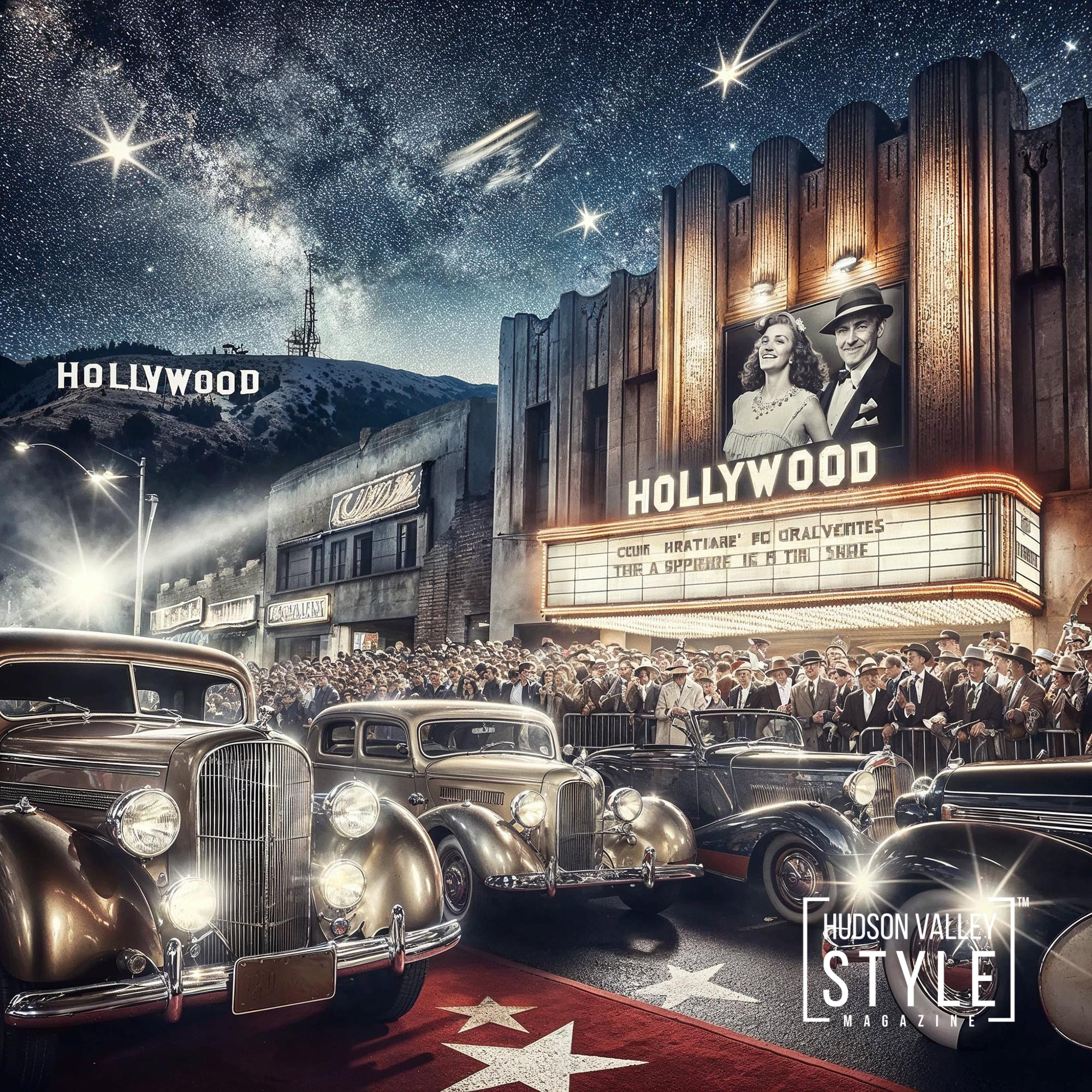In the effervescent world of glitz and glamor, where the spotlight never dims, we stand at the cusp of an intriguing evolution. Celebrity culture, a phenomenon that has mesmerized millions across the globe, is on the brink of a transformation so profound, it may well rewrite the very essence of stardom. As we delve into this riveting narrative, let’s journey from the dawn of celebrity culture to its impending twilight, overshadowed by the rise of AI.
The Twilight of Traditional Stardom: Navigating the Dawn of AI in Celebrity Culture – by Maxwell Alexander, EIC, Hudson Valley Style Magazine
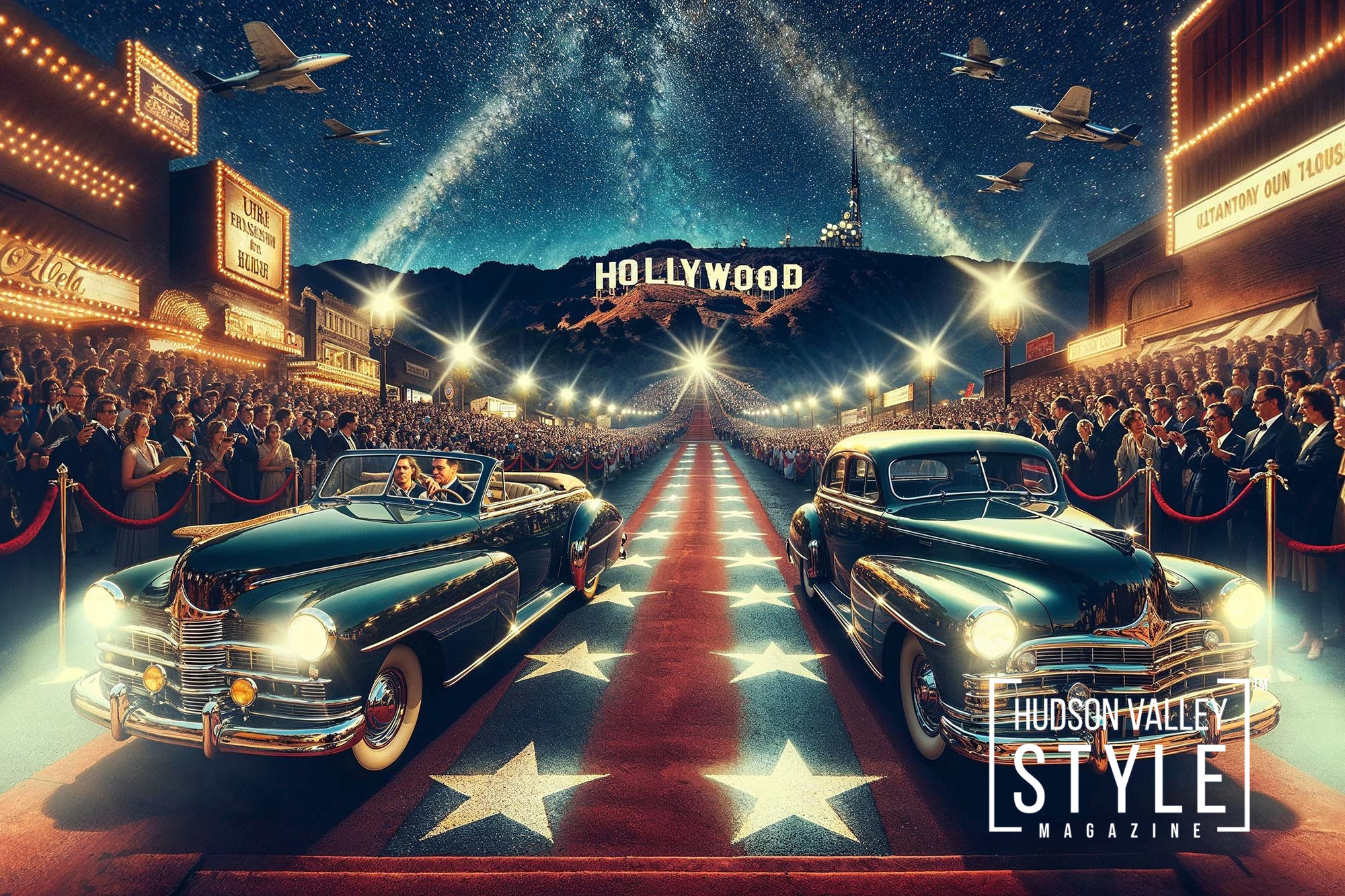
The Genesis of Stardom
Celebrity culture, as we know it, was not birthed in a vacuum. Its roots can be traced back to the early 20th century, with the rise of Hollywood and the silver screen. Icons like Marilyn Monroe and Elvis Presley didn’t just appear; they were meticulously crafted by studios that understood the allure of the unattainable. This era heralded the birth of the celebrity as an aspirational figure, a beacon of dreams and desires.
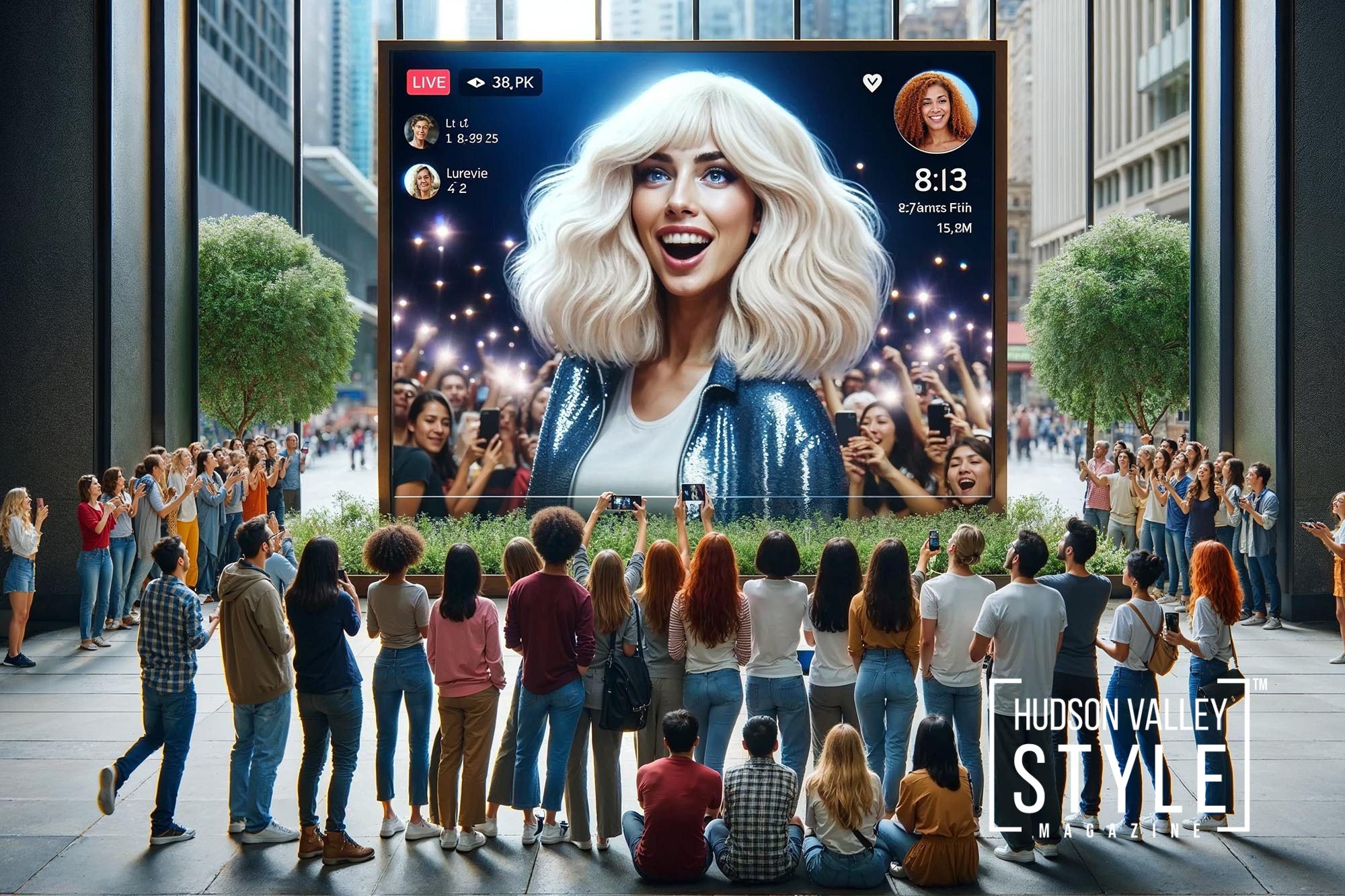
Fast forward to the 21st century, where the internet and social media have democratized fame. Stars are no longer distant deities but accessible idols, sharing snippets of their lives at the touch of a button. Artists like Taylor Swift epitomize this modern celebrity ethos. Swift isn’t just a singer; she’s a brand, a personality, and, most importantly, a storyteller whose narratives resonate with millions. Her adept use of social media to forge a connection with her audience underscores a pivotal shift in how celebrities interact with their fan base.
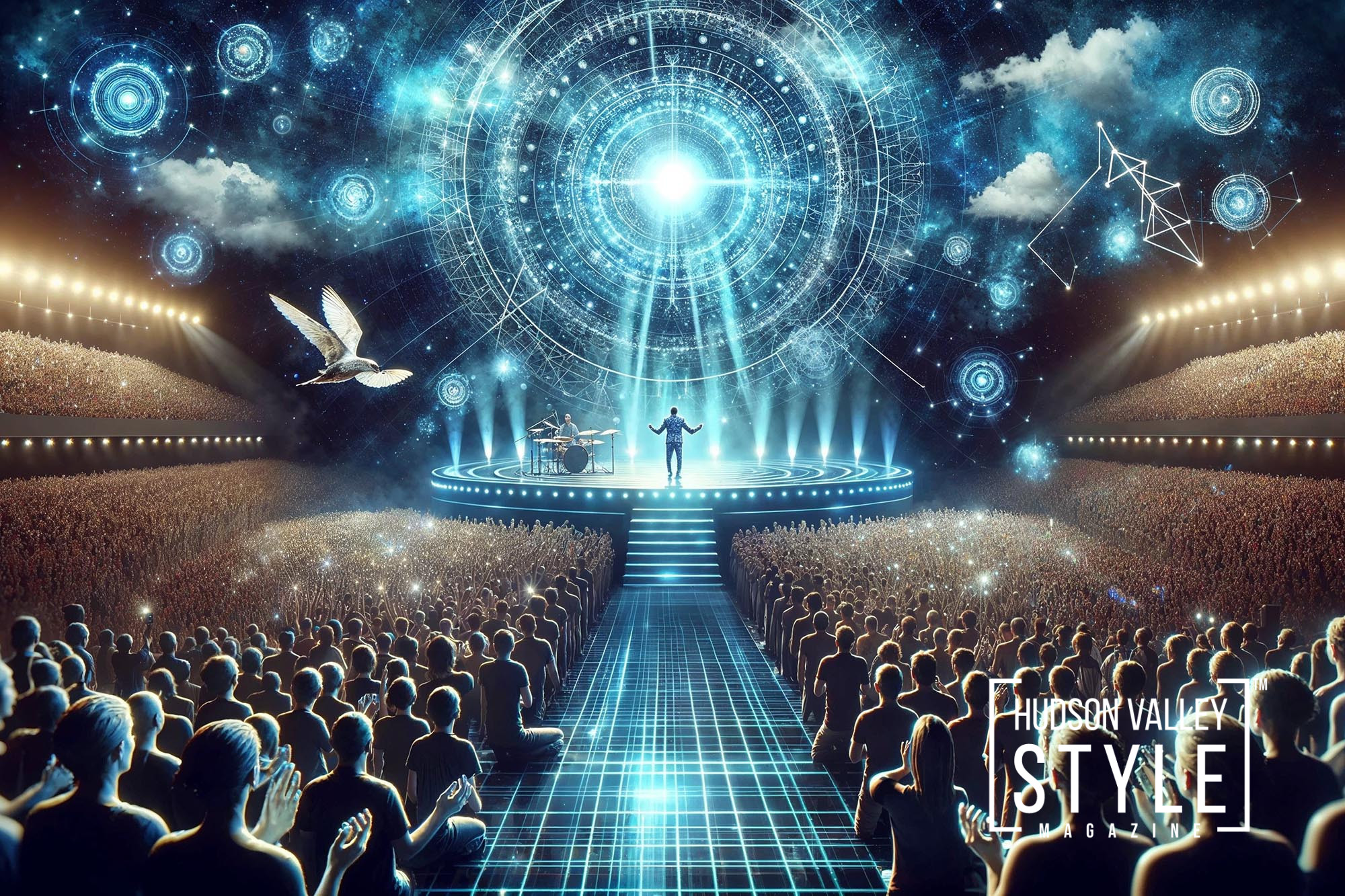
The AI Incursion
Yet, as the sun sets on this era of personal touch and tangible talent, we stand on the brink of a new dawn: the age of AI. Artificial Intelligence, with its boundless capabilities, promises to disrupt the traditional fabric of celebrity culture. AI-generated content, from music to movies, is no longer a futuristic fantasy but an imminent reality. Virtual influencers and digital personas are making inroads into spaces once dominated by human stars.
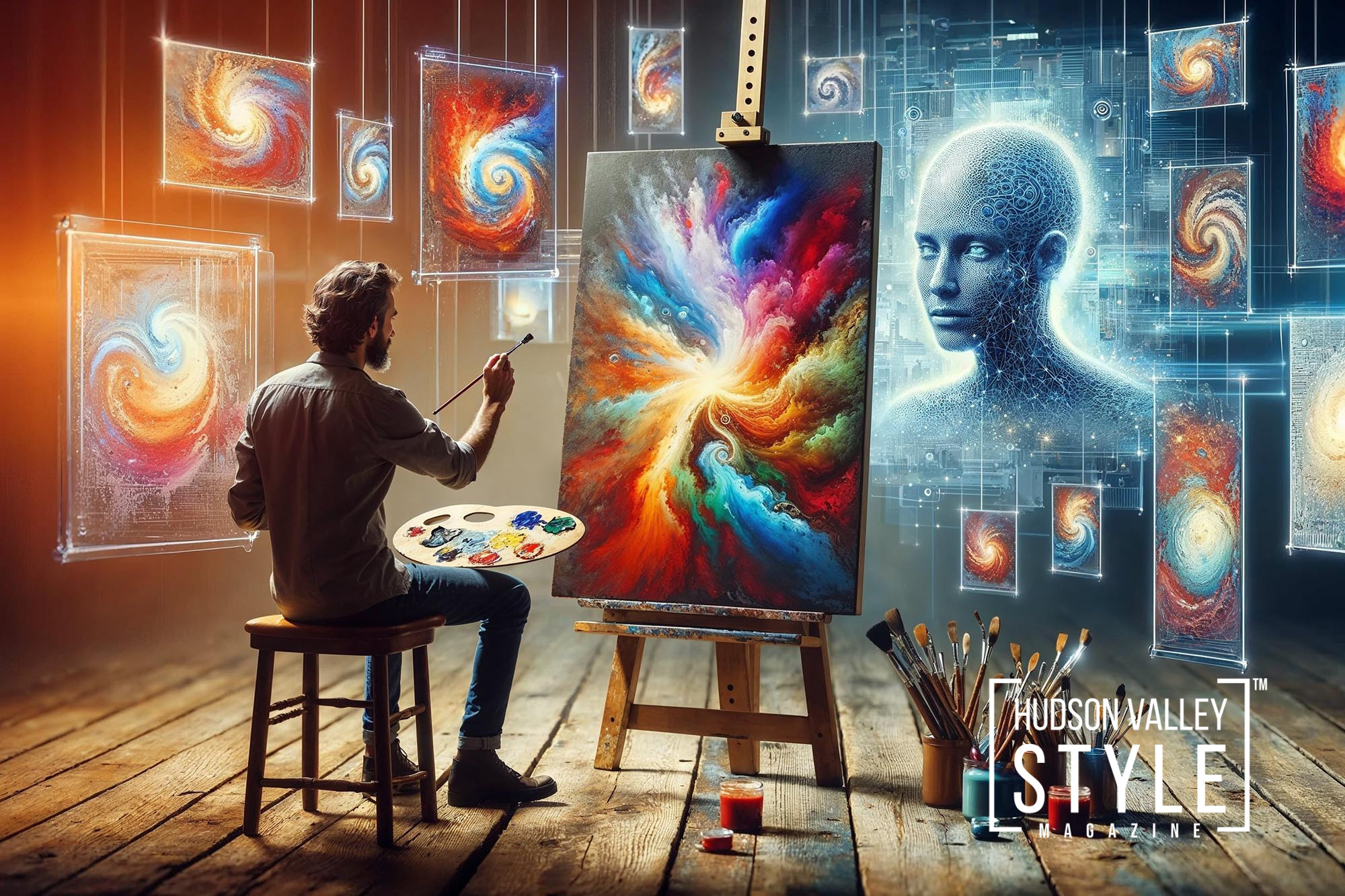
The implications are as fascinating as they are complex. On one hand, AI can democratize creativity, enabling boundless artistic expression unfettered by human limitations. On the other, it poses existential questions about authenticity and connection. Can a virtual artist, no matter how sophisticated, replicate the emotional depth of a Taylor Swift ballad? Will the public cherish AI creations with the same fervor reserved for human stars?

The Last of Their Kind
In this shifting landscape, celebrities like Taylor Swift may well represent the last generation of traditional stars. As we edge closer to a world where AI might headline concerts or lead blockbuster films, the very notion of celebrity is poised for an overhaul. Yet, it’s essential to remember that technology, at its core, is a tool. It amplifies but does not replace the human experience.
The future of celebrity culture in the AI era is not about the obsolescence of human talent but the integration of human creativity with technological innovation. As we navigate this transition, the challenge will be to preserve the essence of what makes celebrities resonate with us: their humanity, their flaws, and their ability to reflect our dreams and struggles.
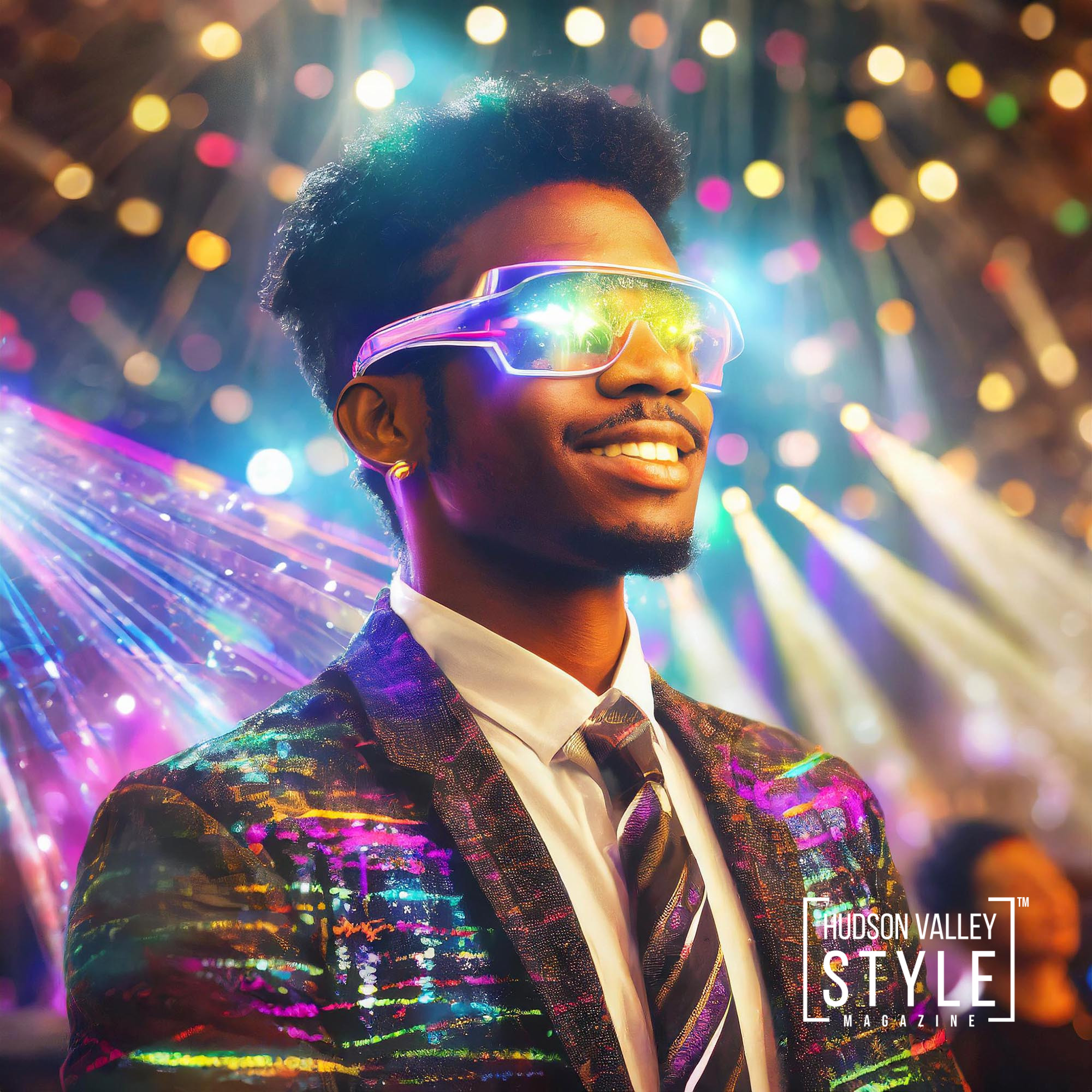
As the twilight of traditional celebrity culture approaches, we stand not at an end but a new beginning. The dawn of AI in entertainment opens up unprecedented possibilities for creativity and expression. Yet, the enduring appeal of stars like Taylor Swift reminds us that at the heart of every song, every performance, and every story, is the human touch—a reminder that in a world of artificial brilliance, the genuine sparkle of human emotion will always have its place.
